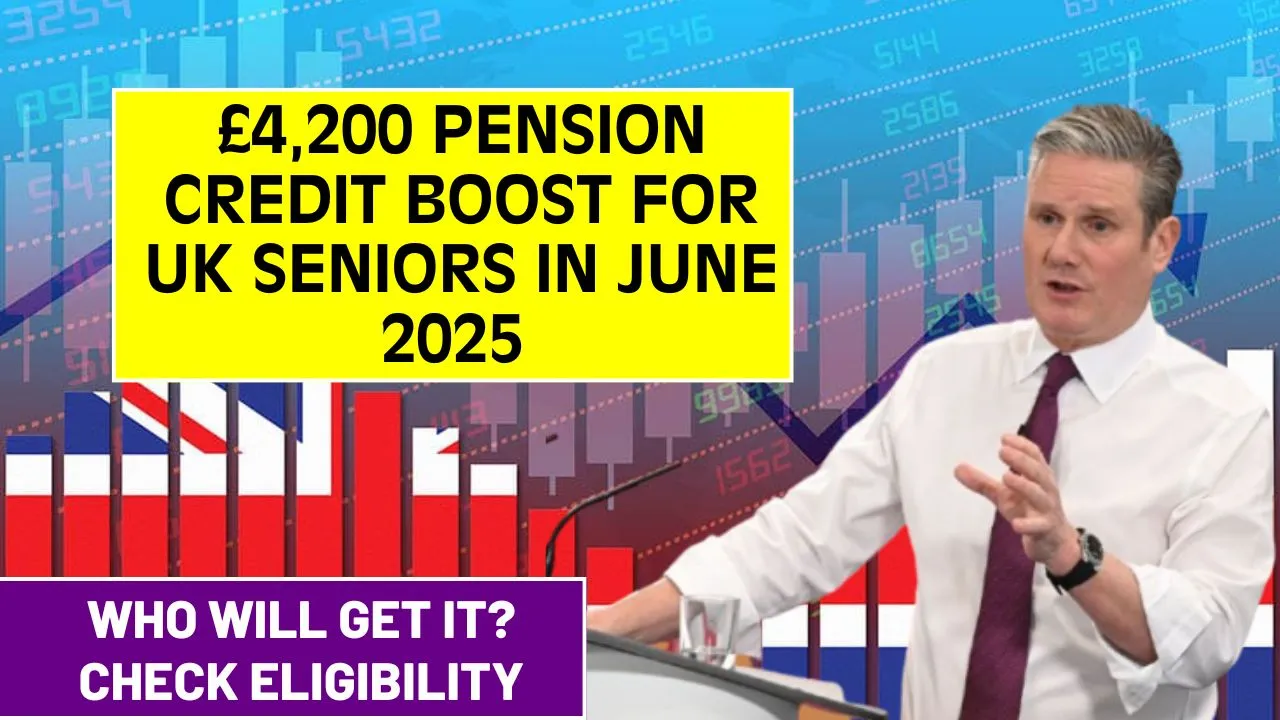£416.19 High Court Payment 2025: A major decision from the High Court in 2025 has ensured the continuation of £416.19 monthly payments to thousands of disabled claimants across the UK. This ruling came after the court found the Department for Work and Pensions’ (DWP) proposed changes to disability benefit rules unlawful. The payments, part of Universal Credit (UC) and Employment and Support Allowance (ESA), were at risk due to reforms to the Work Capability Assessment. Thankfully, the legal victory means vital financial support remains intact for vulnerable people.
In this article, we explain everything you need to know about the £416.19 High Court Payment 2025—who qualifies, how to check your eligibility, what the court ruling means, and how to take action if you were affected by earlier decisions.
£416.19 High Court Payment 2025
The £416.19 High Court Payment 2025 refers to the preserved monthly amount given to individuals who have been assessed as having Limited Capability for Work and Work-Related Activity (LCWRA) under Universal Credit, or those in the Support Group under ESA. The High Court’s ruling in March 2025 blocked a government attempt to reduce or remove these payments, ruling the DWP’s consultation process as unfair and misleading.
The result? Continued financial support for claimants with serious health conditions or disabilities who cannot work, without any disruptions.
Overview of the £416.19 High Court Payment
| Topic | Details |
| Payment Amount | Up to £416.19 per month |
| Ruling Body | High Court of England and Wales |
| Affected Scheme | Work Capability Assessment (WCA) under UC and ESA |
| Eligible Claimants | LCWRA group (UC) or Support Group (ESA) |
| Issue Addressed | Unlawful DWP consultation on benefit changes |
| Relief Granted | Status quo maintained, benefits continue |
| Official Website | gov.uk |
Understanding the High Court Ruling: Why It Matters
The ruling came after legal action by disability rights organisations and claimants, who argued that the DWP failed to properly consult the public about its proposed reforms. The changes would have reduced or removed LCWRA payments for many people, particularly those with mobility issues.
The court found that the DWP’s consultation lacked transparency and failed to clearly explain the impact of the proposed changes. Because of this, the planned reforms were halted, securing £416.19 monthly payments for around 424,000 individuals.
What Is the Work Capability Assessment (WCA)?
The Work Capability Assessment (WCA) is used to decide whether a claimant is fit for work or needs extra support due to a disability or health condition. There are three possible outcomes:
- Fit for Work – You must seek employment and won’t receive extra payments
- Limited Capability for Work (LCW) – You may need to prepare for work but don’t have to job search
- Limited Capability for Work and Work-Related Activity (LCWRA) – You’re not expected to work or prepare, and receive extra support (£416.19 per month)
This High Court decision protects the LCWRA group from changes that would have restricted their eligibility.
Who Is Eligible for the £416.19 Monthly Payment?
You could qualify for this support if:
- You are a UK resident
- You receive Universal Credit or ESA
- You have completed a Work Capability Assessment and were placed in the LCWRA group (or ESA Support Group)
- Your condition limits your ability to work or do work-related activities
- Your income and savings meet DWP thresholds
These payments are usually added to your regular UC or ESA amount, offering extra help for living costs.
Check If You’re in the LCWRA Group or Support Group
If you’re unsure about your benefit status, you can take the following steps:
- Log into your Universal Credit account
- Go to gov.uk
- Check your award statement for the LCWRA element
- Go to gov.uk
- Review your ESA paperwork
- Look for letters confirming you are in the Support Group
- Contact the ESA helpline at 0800 169 0310
- Look for letters confirming you are in the Support Group
- Get help from a welfare advisor
- Speak with organisations like Citizens Advice or Disability Rights UK
- They can help you check your status and advise on appeals or claims
- Speak with organisations like Citizens Advice or Disability Rights UK
What Was the DWP Trying to Change?
The DWP aimed to tighten eligibility criteria for disability benefits. The key proposals included:
- Removing LCWRA status for people with mobility issues only
- Encouraging more claimants to find remote or part-time work
- Reducing the number of people eligible for the £416.19 extra payment
However, the court found the process flawed because:
- It didn’t explain the impact of the reforms
- It excluded disability organisations from proper consultation
- It gave inadequate time and information to those affected
The result is that no changes can move forward unless the consultation is properly redone.
How Many People Are Affected?
Reports from the legal case showed that nearly 424,000 disabled people could have lost their LCWRA payments. That’s more than £200 million per year in total benefits.
The High Court ruling has safeguarded this support, ensuring that disabled individuals continue to receive help with essential costs such as rent, heating, food, and transportation.
Can You Claim Backdated Payments If You Were Affected?
Yes, if your payment was incorrectly stopped or reduced, you may be entitled to backdated payments. Here’s how to claim:
- Collect all previous letters showing your benefit reduction
- Request a Mandatory Reconsideration from DWP (must be done within one month of the decision)
- Seek advice from support groups like Scope, Turn2us, or Citizens Advice
If the decision is overturned, you may be eligible for back pay going back months or even years.
Real Stories: Impact on Claimants
One claimant, Sarah from Manchester, was reassessed in 2023 and lost her LCWRA status. She said, “I lost over £400 a month—it meant choosing between food and heating.” After the High Court decision, she is now eligible for backdated payments and says, “It’s life-changing.”
Disability charities say many others are in the same position and encourage affected individuals to check their entitlement.
Future of Disability Benefits in the UK
While the High Court decision is a big win, reform efforts may continue. Experts expect that future consultations will be:
- More transparent
- Inclusive of disability organisations
- Based on full impact assessments
For now, the £416.19 High Court Payment 2025 remains a key part of the welfare safety net.
FAQs on £416.19 Payments Approved Following High Court Decision
Q1: What is the LCWRA payment and how is it different from standard UC?
LCWRA is an additional amount added to your UC if you cannot work due to a health condition. It’s not part of standard UC and has no work requirements.
Q2: Is this payment taxable?
No. It is a non-taxable benefit related to disability support.
Q3: Will all LCWRA claimants receive £416.19?
Yes, that is the standard monthly amount for April 2025. It may increase with future benefit adjustments.
Q4: I’ve applied for UC but haven’t had a WCA yet. What should I do?
Request a Work Capability Assessment through your UC journal or by speaking to your work coach.
Q5: What if I think the WCA decision was wrong?
You can ask for a Mandatory Reconsideration. If rejected, you can appeal to the tribunal.
Final Thought
The £416.19 High Court Payment 2025 is more than a number—it’s a crucial support lifeline for disabled people across the UK. If you or someone you know is in the LCWRA group or ESA Support Group, make sure you’re receiving the correct amount. If your benefits were unfairly reduced, act now to reclaim what you’re owed. Staying informed can make a real difference.












